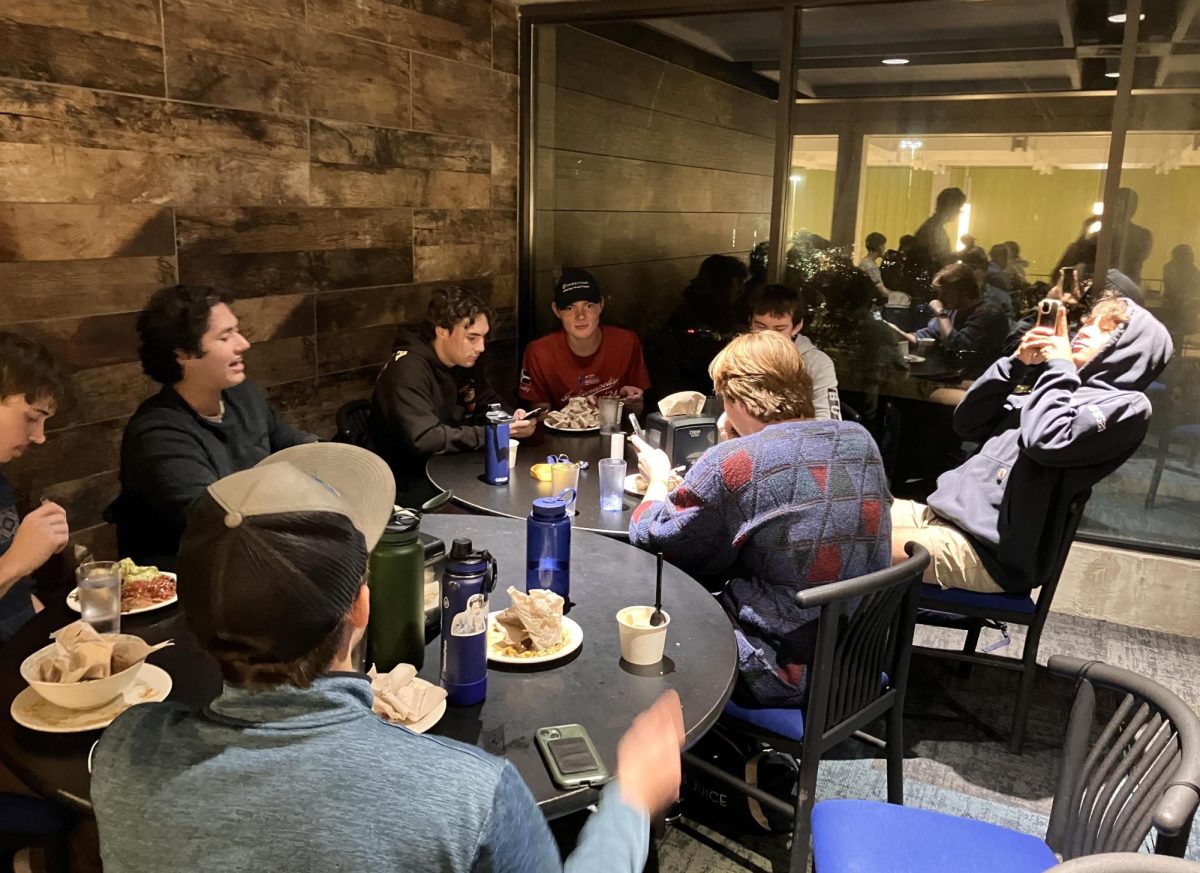On a field in the middle of a suburban intersection, a man with a cowboy hat can be heard directing how to do line dance moves, such as the “toe step” and the “mambo,” to a socially-distanced crowd. As the participants dance to songs from country artists like Kellie Pickler and Blake Shelton, another group of people stands in line to buy sweet treats from a local dessert food truck.
These were all common scenes at the Fall Line Dance fundraiser event for Bethel Hobbs Community Farm in Centereach, New York, on Oct. 4. This volunteer-based farm has been heavily impacted by the COVID-19 pandemic. The proceeds from events, including the line dancing, are helping to keep the farm operating.

Hobbs Farm: The History
Though the community farm was established in 2007, the plot itself has a rich history dating back over 110 years. In 1906, the Hobbs family came to Long Island from Georgia and grew farm produce in Centereach for Long Islanders. The family first came to the area as farm workers, but later purchased the land now known as Hobbs Farm. The farm remained in the family until 1996, when the last surviving member passed away and left the property to Bethel African American Episcopal Church.
Operations at the farm have been managed by Ann Pellegrino, president of the community farm, since its reopening in 2007. Before Pellegrino started working for the farm, she said she relied on food pantries to provide for her family because she did not have enough income from her two jobs at the time. Pellegrino said she wanted to get involved with the farm because it was her personal way of giving back to her community.
“I was driving down the street one day, and when I saw the property, it was like blinders taken off of me,” Pellegrino said. “There were people living in the woods and so much herding, and I wanted to do something to help.”
Since the community farm’s establishment in 2007, Pellegrino and her team of volunteers have grown and donated approximately 30,000 pounds of fresh, organic produce to food pantries and soup kitchens across Long Island.
Plowing Through the Pandemic
When the COVID-19 pandemic began to spread across the United States, many businesses like Bethel Hobbs Community Farm shut down. Though the farm remained open, Peter Castorano, one of the farm’s frequent volunteers, noticed firsthand how the virus affected life there.
As the primary caretaker of the farm, he spends most of his days planting, weeding, and controlling irrigation. Volunteers that come to work for the farm usually help him with his day-to-day activities, but because of the virus, he has been working alone or with Pellegrino.
“We’re losing about 90 percent of the volunteers we used to get,” Castorano said. “Nobody wants to work near people anymore, so they don’t come. Hopefully this COVID-19 craziness ends and then we’ll get them all back, because they really do make a difference at the farm.”
In addition to the lack of volunteers coming to the farm, there are also parts of the property that need extensive repair. One video posted on the farm’s Facebook page Sept. 5 shows rainwater dripping through holes in the roof of the barn.

A Breath of Hope
In order to combat the negative effects of the pandemic, the farm has hosted events to raise money for fixing the barn’s roof and keeping the business afloat.
To stay within safety guidelines, several precautions were put in place before and during the event. Prior to the event, tickets were sold online at $25 per person instead of at the door. During the event, attendees were required to wear masks, hand sanitizer stations were set up throughout the farm, and pre-packaged food and drinks were provided.
Approximately 75 people attended the line dancing event. One participant, Linda, said that attending the line dance not only gave her an opportunity to enjoy some fresh air, but also support her community.
“A lot of places are shut down or permanently closing due to the pandemic,” Linda said. “All of us need to do what we can to help out, and if I can do that by dancing, then why not?”
Though the COVID-19 pandemic may have hindered business for the farm this year, Pellegrino said that it won’t stop her from doing what she can to give back.
“I was a single mother of three children, working two jobs and not having enough money to support my family, and here I am today,” Pellegrino said. “Now I’m able to give back. No matter what you’re going through, there is always hope.”






